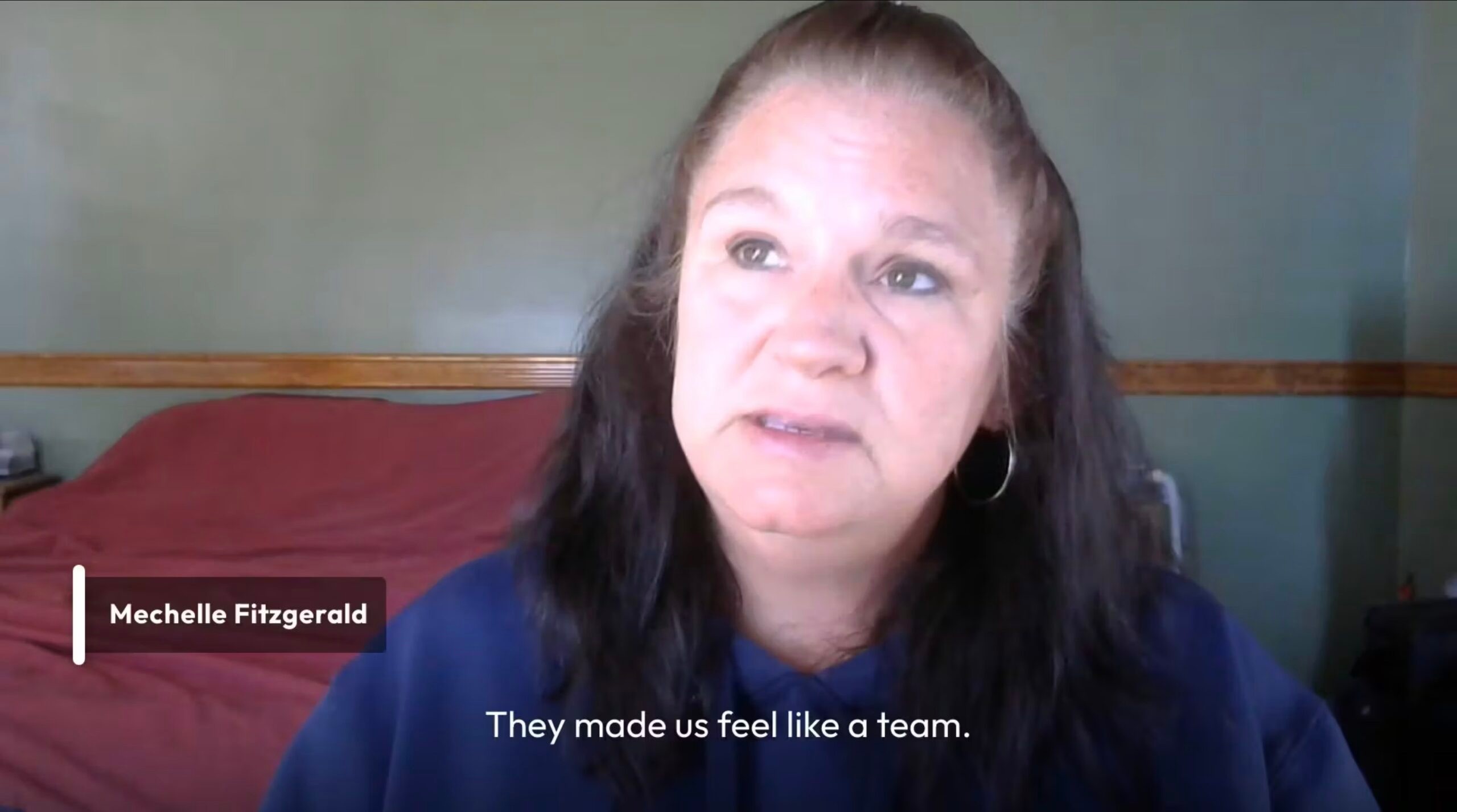How to File a Defective Product Claim?

What Can You Do if a Defective Product Has Injured You?
When you purchase a product, whether it is a part for your car, a power tool, or a prescription medication, you trust that the manufacturer has taken every step possible to provide you with a safe item. Sadly, this is not always the case. Thousands of American consumers suffer injuries and even fatalities from defective products every year. If an unsafe or poorly designed product has harmed you or a loved one, our experienced Pennsylvania product liability lawyers can help you explore your legal options for recovering damages from the responsible parties.
What Are the Three Types of Liability That May Apply to Defective Product Claims?
Product liability claims provide consumers with legal recourse if a defective product has harmed them. Defects can occur at any point within the supply chain. A manufacturer, designer, distributor, or retailer is typically the party named as the defendant in these cases, although sometimes multiple entities may be liable for the defect. Careful investigation may be required to determine who bears responsibility for the consumer receiving a hazardous product.

Product liability cases can fall into three different categories. The requirements and burden of proof vary for each, so it is critical to seek the guidance of a skilled defective product attorney who is deeply familiar with the applicable laws in your state to ensure your claim is filed correctly.
Strict Liability
Under the doctrine of strict liability, a defendant may be liable for harm a defective product causes to a consumer, even if they took appropriate measures to create a safe product. The intent of the defendant is immaterial in these cases. The injured party does not need to prove that the defendant acted negligently or intentionally. Instead, the plaintiff’s legal team must prove that the following three questions can be answered affirmatively:
- Was the product defective?
- Did the defect exist when it left the defendant’s possession?
- Did the defect cause an injury to the consumer during reasonable use of the product?
Breach of Warranty
Products may come with express warranties that outline the manufacturer’s promises about the suitability and expected performance of the item. Typically, this type of warranty is included as part of the item’s packaging. If the product fails to live up to the express terms, the manufacturer may be liable for a breach of warranty.
Implied warranties may also apply when the consumer purchases a product. These types of warranties are unwritten. However, by providing a product for sale, a merchant implies that it is generally acceptable for the consumer or is fit for a particular purpose.
Negligence
Many types of personal injury claims are grounded on negligence. While strict liability claims are more common for defective products, you may be able to file a negligence-based product liability claim if you can prove the following:
- The defendant owed you a duty to provide a safe product.
- They breached that duty through carelessness, recklessness, or intentional acts.
- Their breach of duty caused you injury and losses.
What Varieties of Defects Can Result in a Valid Claim?
To be considered defective, a product must present an unknowable and unacceptable danger to an ordinary consumer.

If a product performs in a way that is significantly unexpected considering the item’s intended use, marketing, instructions, and other factors, it could present a substantial risk of harm to the user. If the consumer was using the item in a reasonable manner and any of the following types of product defects caused an injury, they may have a valid product liability claim:
- Lack of warning: If the product risks and instructions for safe use were not presented in a straightforward and easily visible way, the consumer may be able to pursue compensation for injuries.
- Manufacturing defect: Errors in creation or assembly can result in one or a small number of defective items that don’t match the product’s intended design, leading to safety hazards and injuries.
- Design defect: Poor design can result in every instance of the product being unreasonably dangerous, even if it is manufactured correctly. If the risks of using the item outstrip the benefits, it could also represent a design defect.
What Steps Should You Take if a Defective Product Has Injured You?
Hazardous products can take you by surprise and cause severe physical damage. You may incur hefty medical expenses, experience wage loss due to missed work, and have impacts on your daily life from the pain and mental anguish from your injuries. By filing a claim against the liable party, you can seek compensation for your damages. One of the key elements of every successful product liability claim is providing clear evidence that your injuries are tied to the defective product. Promptly taking the following steps may maximize your chances of a full recovery.
Seek Medical Care
You should get immediate medical treatment following your injury to safeguard your health and claim. Explain how your injury occurred so your doctor can record it. Your medical records can provide vital proof of the harm the defective product caused and the extent of the treatment you required.
Retain Evidence
Pictures of the accident scene can support your claims by showing the state of the product and how you were using it at the time of the incident. Never throw away or alter the defective product because it is a crucial piece of evidence. If others saw your accident, collect their contact info and try to get a short statement of what they witnessed.

You may report the unsafe product to the Consumer Product Safety Commission to help prevent others from suffering the same injuries. Keep a copy of your report for your records. Your records should also include receipts for all expenses related to your injuries and your written recollection of what happened.
Contact a Defective Product Lawyer
While you can file a defective product claim on your own, the knowledge of an experienced lawyer can prove invaluable to your case. Product liability cases can be intricate, and any errors could be detrimental to the outcome. For example, missing important filing deadlines could cause the court to dismiss your claim. Your lawyer can collect evidence, file a claim, negotiate a settlement with the defendant’s legal team, and bring a lawsuit if negotiations prove unsuccessful. Your lawyer’s skilled handling of the case can remove the stress and pressure from you so you can focus on recovery.
How Can Our Law Firm Assist You?
Villari, Giannone & Matteo P.C. has advocated for the rights of injured consumers for many years. We can help you navigate the claims process and provide strong legal representation so you can reach the best possible outcome for your case. Contact our law firm today at 610-609-8477 to schedule a free case evaluation and learn about your legal options.
![Quote]() "Want to thank all of you once again not only for your professional services but your friendship and feeling like family through all of these past four years as we fought to rebuild Stefanie's life. I could not have made a better choice for helping us through this ordeal."
"Want to thank all of you once again not only for your professional services but your friendship and feeling like family through all of these past four years as we fought to rebuild Stefanie's life. I could not have made a better choice for helping us through this ordeal."Karl
- "They are all very helpful, caring and they do everything to try to make sure you as a client are OK and get you what you deserve. I would recommend them to anyone. They are a great law firm."
Tiffany
![Quote]() "I will happily be recommending your firm to anyone who may need your help in the future because of Jen, Eric and Brian."
"I will happily be recommending your firm to anyone who may need your help in the future because of Jen, Eric and Brian."Michelle
Hear What Our Clients Have to Say






